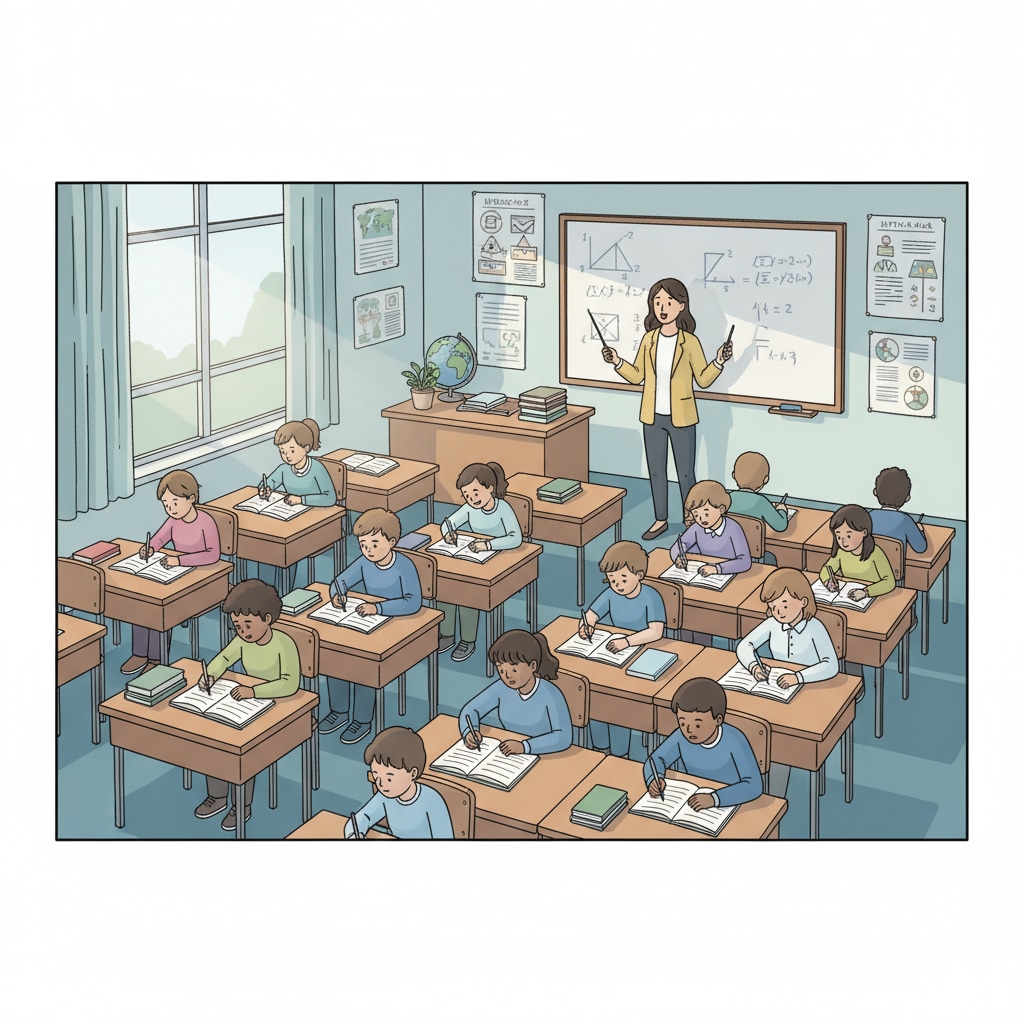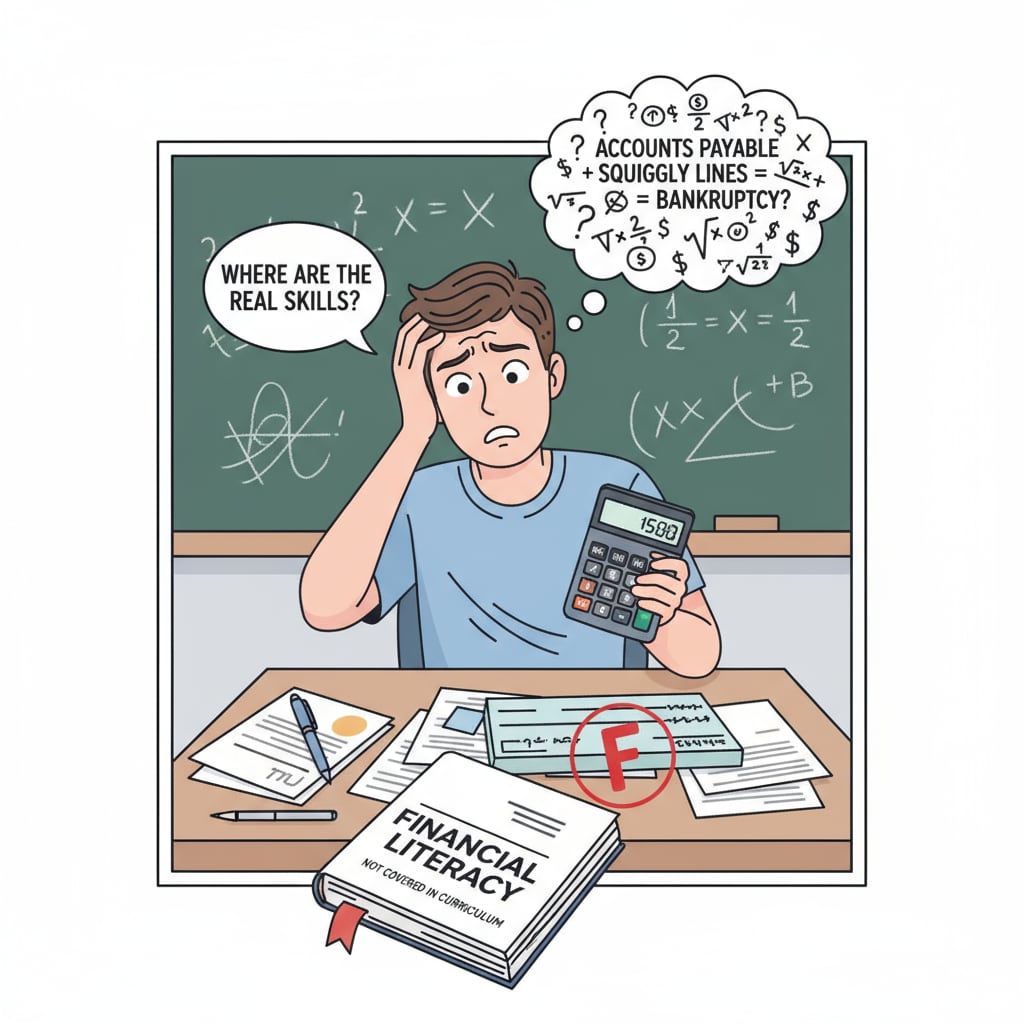School education, life skills, and practical knowledge are three crucial aspects that should be closely intertwined. However, in today’s educational landscape, there exists a significant disconnect between what students learn in school and what they need in real life. This disconnection has far-reaching implications for students as they transition into adulthood and face the challenges of the real world.

The Overemphasis on Academic Knowledge
One of the main reasons for this disconnection is the overemphasis on academic knowledge in schools. The current K12 education system places a heavy focus on subjects like mathematics, science, language arts, and history. While these subjects are undoubtedly important, the excessive emphasis on rote memorization and standardized testing often leaves little room for the development of practical life skills. For example, students may be able to solve complex math problems on a test but struggle to manage their personal finances in real life. As a result, they lack the essential skills needed to navigate everyday situations and make informed decisions.
The Neglect of Practical Life Skills
In addition to the overemphasis on academic knowledge, there is a notable neglect of practical life skills in school curricula. Skills such as cooking, sewing, home maintenance, and financial management are rarely taught in-depth. These skills are essential for independent living but are often overlooked in favor of more academic pursuits. According to Britannica, a well-rounded education should include both academic and practical components. Without the proper instruction in these areas, students may find themselves ill-prepared for the responsibilities of adulthood.

Another area that is often neglected is interpersonal communication. Effective communication is crucial for success in both personal and professional relationships. However, many schools do not provide adequate opportunities for students to develop these skills. This can lead to difficulties in expressing oneself, building relationships, and resolving conflicts in the real world.
Readability guidance: The above content uses short paragraphs to present key points. For example, the first paragraph sets the context, the second and third paragraphs explain different aspects of the problem. Transition words like “however”, “in addition” are used to connect ideas smoothly. Each H2 section focuses on a specific issue related to school education, life skills, and practical knowledge.


